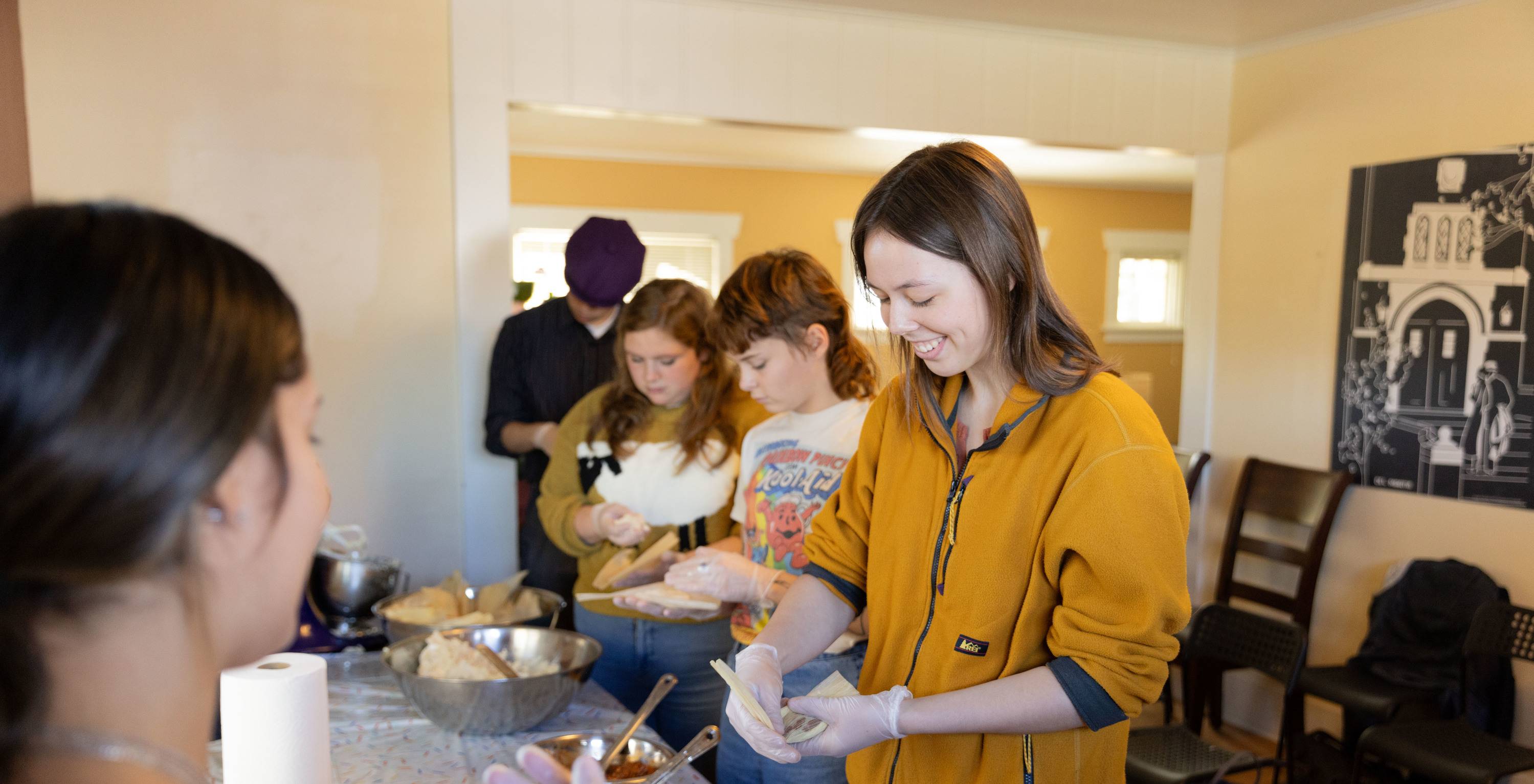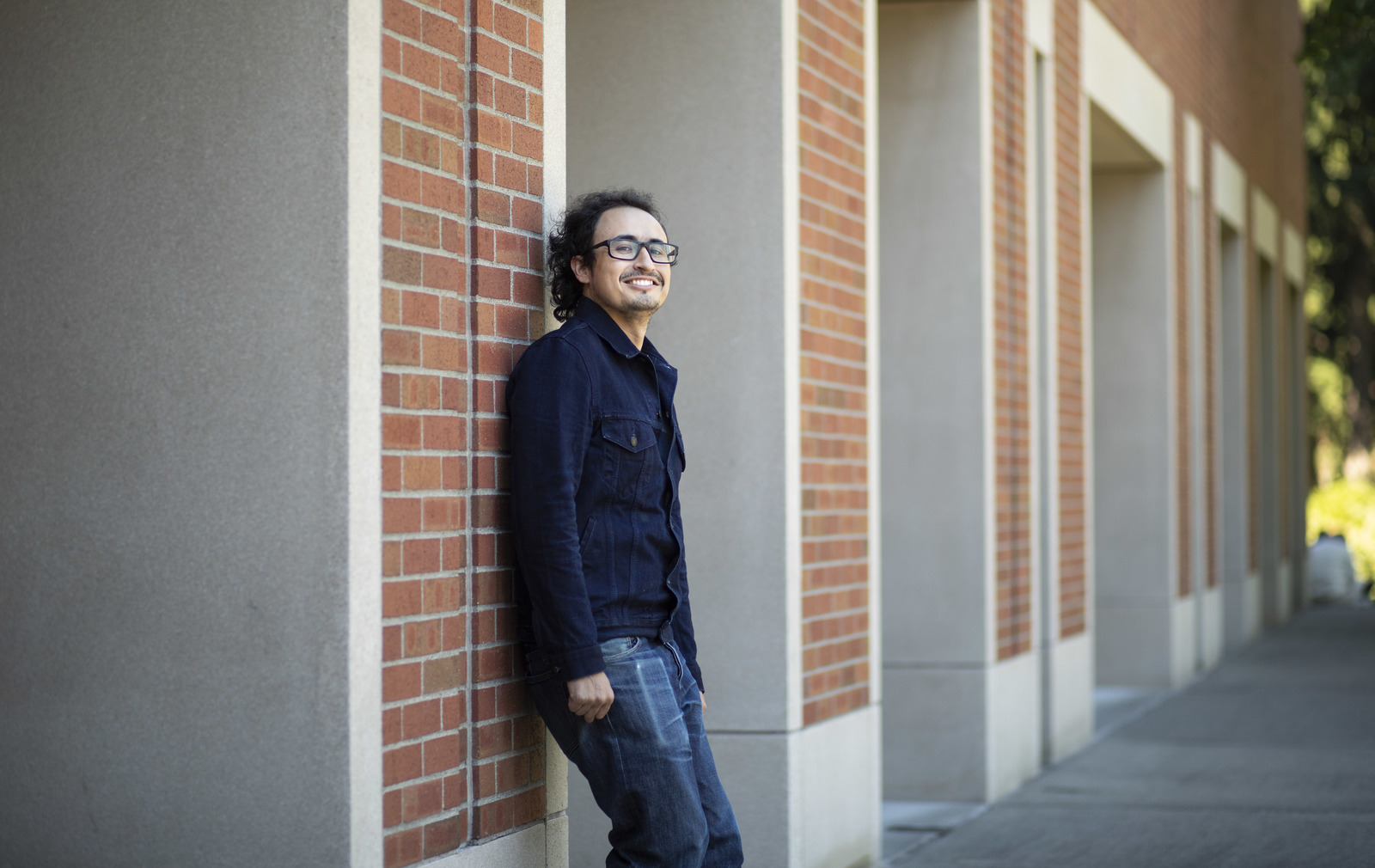The University of Puget Sound’s Latina/o Studies program (LTS) explores the historical, cultural, political, and socio-economic experiences of the largest minoritized ethnic group in the United States. The LTS program aims to produce knowledge about the growing Latina/o populations living in the United States in order to challenge taken-for-granted notions of race, ethnicity, and citizenship as they intersect with transnational identities.
LTS is interdisciplinary by nature, and includes research from the fields of history, law, literature, economics, education, sociology, linguistics, philosophy, and health and medicine, covering a plethora of topics, including critical race theory, postcolonial and decolonial theory, border studies and immigration, gender studies, film studies, and critical and cultural studies. The LTS minor provides a comprehensive, in-depth approach to key issues in order to create lasting change in local and global communities.





